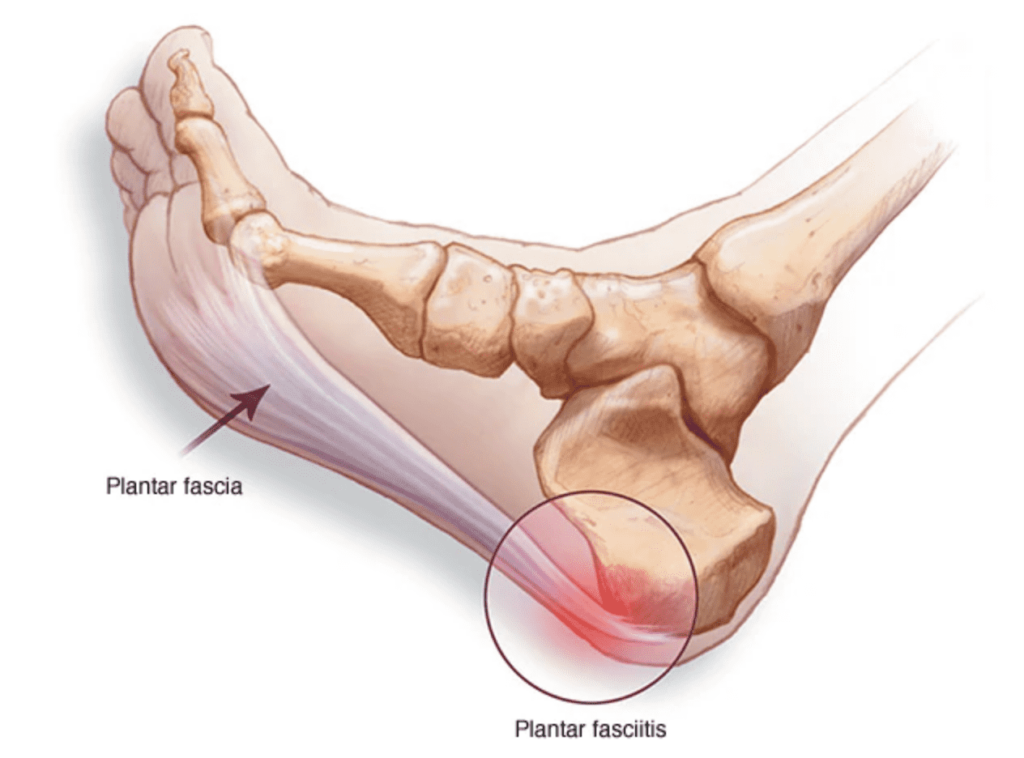Plantar Fasciitis Pompano Beach
Plantar Fasciitis Pompano Beach
Are you feeling sharp heel pain with your first steps in the morning or after standing for long hours? You could be experiencing Plantar Fasciitis—one of the most common causes of foot pain that can disrupt your day-to-day routine. At Theracave in Pompano Beach, we provide customized physical therapy focused on relieving inflammation, reducing pressure on the plantar fascia, and restoring pain-free movement. Our hands-on approach includes targeted stretching, strengthening, and functional exercises to support lasting recovery.
The plantar fascia is a thick band of tissue that runs along the bottom of your foot, connecting your heel to your toes. When it becomes irritated due to overuse, improper footwear, or poor foot mechanics, it can lead to persistent discomfort and mobility issues. At Theracave in Pompano Beach, we begin with a thorough evaluation to understand your symptoms and movement patterns, then develop a personalized treatment plan. With early and consistent care, we help you heal and get back to walking, standing, and moving with confidence.

Causes:
Symptoms
How Theracave Help Us?
Areas We Serve:
- Broward
- Davie
- Sunrise
- Tamarac
- Miramar
- Lauderhill
- Plantation
- Hollywood
- Coral Springs
- Fort Lauderdale
- Pembroke Pines
- Deerfield Beach
- Pompano Beach
Q&A
What is Plantar Fasciitis?
Plantar Fasciitis is inflammation of the plantar fascia, the tissue that supports your foot arch. Repetitive strain or stress causes microtears, leading to heel pain and stiffness—especially in the morning or after rest.
Can Plantar Fasciitis heal without surgery?
Yes. Most cases can be treated successfully with conservative methods such as physical therapy, stretching, activity modification, and proper footwear. Surgery is rarely needed and only considered in chronic, unresponsive cases.
How long does it take to recover from Plantar Fasciitis?
With consistent treatment, most people improve within 6–8 weeks. However, more severe or long-standing cases may take several months. Early intervention typically leads to faster and more complete recovery.
Can physical therapy help with Plantar Fasciitis?
Absolutely. Physical therapy helps by stretching the plantar fascia and surrounding muscles, strengthening foot and ankle support, improving flexibility, and correcting poor movement patterns or gait issues that contribute to the pain.
What Customers Are Saying
Our Process
How It Works?
Reach out to us via our online form or call to schedule an initial assessment.
Based on your unique needs, we develop a tailored therapy program.
Our professionals guide you through each session, focusing on effective rehabilitation.


